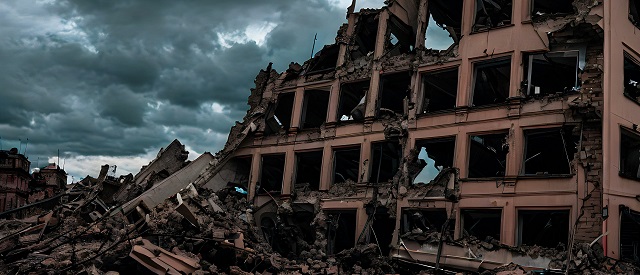Economy
Deputy PM Freeland doesn’t deny Scott Moe could face charges for not collecting carbon tax
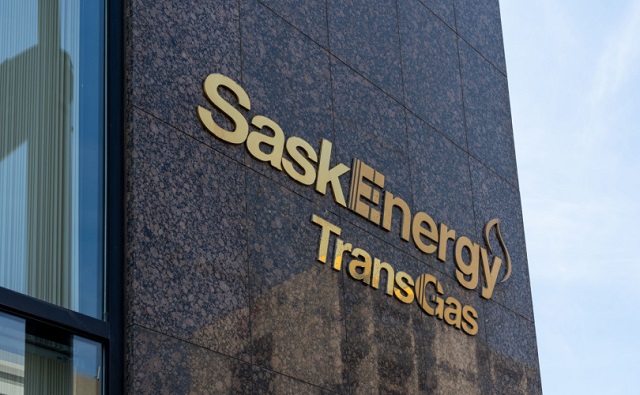
From LifeSiteNews
Premier Scott Moe’s refusal to force Saskatchewan residents to pay the tax comes after Prime Minister Justin Trudeau refused to extend the tax exemption to forms of heating used in Conservative provinces
The Canadian Liberal government refuses to rule out jail time for Saskatchewan Premier Scott Moe if he refuses to collect the carbon tax on home heating.
During a November 3 media meeting, Liberal Finance Minister and Deputy Prime Minister Chrystia Freeland avoided directly answering if Moe would be criminally charged for refusing to collect Trudeau’s controversial carbon tax for home heating within the province.
“What can the federal government do to prevent [Moe] from acting unilaterally?” a reporter questioned. “Will he, will the province, will anyone, incur penalties? Will there be fees? Or perhaps even jail time?”
Freeland did not answer the question directly, instead saying, “The federal government expects everyone in Canada to obey the law. Canada is a country of good peace, order, and good government.”
“I think that is something all Canadians believe in. That’s something we expect,” she added.
Moe’s refusal to force Saskatchewan residents to pay the tax comes after Prime Minister Justin Trudeau suspended his carbon tax last week on home heating oil amid rising costs of living and his decreasing popularity across multiple polls.
Moe pointed out that the tax exemption only applies to home heating oil, which is primarily used in Atlantic provinces, while other forms of heating, including natural gas (the main source of heat in Western provinces), is not exempt.
“I cannot accept the federal government giving an affordability break to people in one part of Canada but not here,” Moe said in a video posted October 30 on X.
“The prime minister chose to make life more affordable for families in one part of the country while leaving Saskatchewan families out in the cold,” he said.
As a result, Moe promised that if the exemption was not extended to other forms of heating, he will direct SaskEnergy to stop collecting carbon tax on natural gas, “effectively providing Saskatchewan residents with the very same exemption that the federal government has given heating oil in Atlantic Canada.”
Following Moe’s demands, Trudeau declared that he will not make any further carve-outs to the carbon tax. Trudeau’s statement was supported by both Natural Resources Minister Jonathan Wilkinson and Environment Minister Steven Guilbeault.
Notably, Freeland’s comments come just months after she faced a massive speeding ticket when defending the Trudeau government’s carbon tax by saying that she does not own a car and bikes instead.
Trudeau’s carbon tax, framed as a way to reduce carbon emissions, has cost Canadians hundreds more annually despite rebates.
The increased costs are only expected to rise, as a recent report revealed that a carbon tax of more than $350 per tonne is needed to reach Trudeau’s net-zero goals by 2050.
Currently, Canadians living in provinces under the federal carbon pricing scheme pay $65 per tonne, but the Trudeau government has a goal of $170 per tonne by 2030.
Economy
Canadians experiencing second-longest and third steepest decline in living standards in last 40 years

From the Fraser Institute
From 2019 to 2023, Canadian living standards declined—and as of the end of 2023, the decline had not yet ended, finds a new study published today by the Fraser Institute, an independent, non-partisan Canadian public policy think-tank.
“Despite claims to the contrary, living standards are declining in Canada,” said Grady Munro, policy analyst at the Fraser Institute and co-author of Changes in Per-Person GDP (Income): 1985 to 2023.
Specifically, from April 2019 to the end of 2023, inflation-adjusted per-person GDP, a broad measure of living standards, declined from $59,905 to $58,111 or by 3.0 per cent. This decline is exceeded only by the decline in 1989 to 1992 (-5.3 per cent) and 2008 to 2009 (-5.2 per cent). In other words, it’s the third-steepest decline in 40 years.
Moreover, the latest decline (which comprises 18 fiscal quarters) is already the second-longest in the last 40 years, surpassed only by the decline from 1989 to 1994 (which lasted 21 quarters). And if not stabilized in 2024, this decline could be the steepest and longest in four decades.
“The severity of the decline in living standards should be a wake-up call for policymakers across Canada to immediately enact fundamental policy reforms to help spur economic growth and productivity,” said Jason Clemens, study co-author and executive vice-president at the Fraser Institute.
- Real GDP per person is a broad measure of incomes (and consequently living standards). This paper analyzes changes in quarterly per-person GDP, adjusted for inflation from 1985 through to the end of 2023, the most recent data available at the time of writing.
- The study assesses the length (number of quarters) as well the percentage decline and the length of time required to recover the income lost during the decline.
- Over the period covered (1985 to 2023), Canada experienced nine periods of decline and recovery in real GDP per person.
- Of those nine periods, three (Q2 1989 to Q3 1994, Q3 2008 to Q4 2011, and Q2 2019 to Q2 2022) were most severe when comparing the length and depth of the declines along with number of quarters required for real GDP per person to recover.
- The experience following Q2 2019 is unlike any decline and recovery since 1985 because, though per person GDP recovered for one quarter in Q2 2022, it immediately began declining again and by Q4 2023 remains below the level in Q2 2019.
- This lack of meaningful recovery suggests that since mid-2019, Canada has experienced one of the longest and deepest declines in real GDP per person since 1985, exceeded only by the decline and recovery from Q2 1989 to Q3 1994.
- If per-capita GDP does not recover in 2024, this period may be the longest and largest decline in per-person GDP over the last four decades.
 Read the Full Report
Read the Full Report
Authors:
Economy
Feds spend $3 million to fly 182 politicians and bureaucrats to climate conference
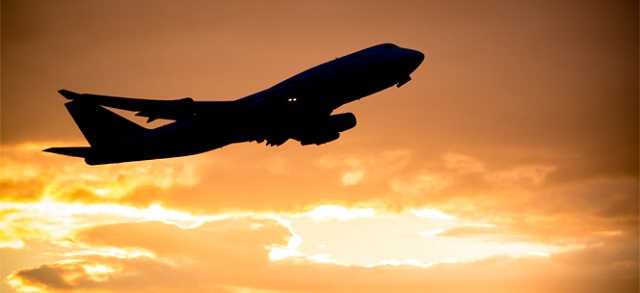
From the Canadian Taxpayers Federation
Author: Ryan Thorpe
Feds trip to COP28 in Dubai cost $3 million
The cost for Canada to send hundreds of people to COP28 in Dubai has doubled, rising to nearly $3 million, according to government records obtained by the Canadian Taxpayers Federation.
Included in those costs is $1.3 million the federal government dished out to host a “Canada Pavilion” at the summit, which featured a rapper performing a song on “climate disinformation,” while giving a shoutout to Environment Minister Steven Guilbeault.
“Nothing screams fighting climate change like flying around the world burning through jet fuel and millions of tax dollars,” said Franco Terrazzano, CTF Federal Director. “Here’s a crazy idea: maybe the feds don’t need to spend $3 million flying 182 politicians and bureaucrats to Dubai.”
The federal government paid for at least 182 people to go to COP28, held from Nov. 30 to Dec. 12, 2023, in Dubai, United Arab Emirates.
A previous report from the National Post pegged the cost for Canada’s delegation at $1.4 million.
But the bill now sits at $2,954,188, including $825,466 for transportation, $472,570 for accommodations and $295,455 for meals and incidentals, according to the records.
The records indicate the cost could rise even higher, as certain invoices and travel claims “have yet to be processed.”
Costs included $1.3 million for a “Canada Pavilion” to “showcase the breadth of Canadian climate leadership.”
At the Canada Pavilion, a Canadian rapper known as Baba Brinkman – the son of Liberal MP Joyce Murray – performed a rap on “climate disinformation.”
“Climate disinformation, get that immunization, the vaccine for bad meme infiltration,” Brinkman rapped. “Climate misinformation, it leads to polarization, which leads to radical conspiracy ideation.”
Environment Minister Steven Guilbeault also received a shoutout during Brinkman’s rap.
“Really? Hosting a rapper half-way around the world to drop rhymes at a government podium will help the environment?” Terrazzano said.
The records were released in response to an order paper question from Conservative MP Dan Mazier (Dauphin-Swan River-Neepawa).
Most of the hotel expenses came from the Dubai Marriott and the Premier Inn at the Dubai Investment Park, with rooms coming in between $150 and $400 per night.
The most expensive digs was a $816-per-night suite at the Pullman Dubai Jumeriah Lakes Towers, a “five-star hotel offering upscale accommodations.”
The Canadian delegation also handed out $650 worth of gifts during the trip.
-
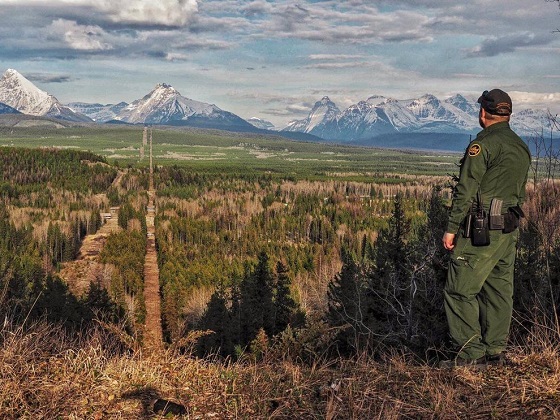
 Crime2 days ago
Crime2 days agoThe US Canadian border: Greatest number of terrorist watch list individuals being apprehended at northern border
-

 Economy1 day ago
Economy1 day agoCanadians experiencing second-longest and third steepest decline in living standards in last 40 years
-

 COVID-192 days ago
COVID-192 days agoNIH Quietly Altered Definition For Gain-Of-Function Research On Its Website, Former Fauci Aide Confirms
-
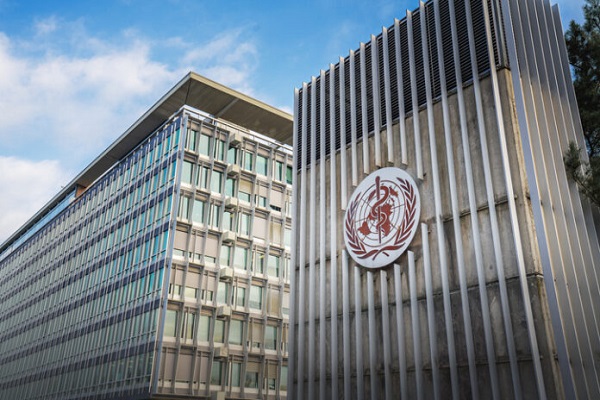
 Great Reset1 day ago
Great Reset1 day agoBiden Administration Eager to Sign WHO Pandemic Treaty
-

 Opinion1 day ago
Opinion1 day agoOrdinary working Canadians are not buying into transgender identity politics
-

 Energy1 day ago
Energy1 day agoNew Report Reveals Just How Energy Rich America Really Is
-
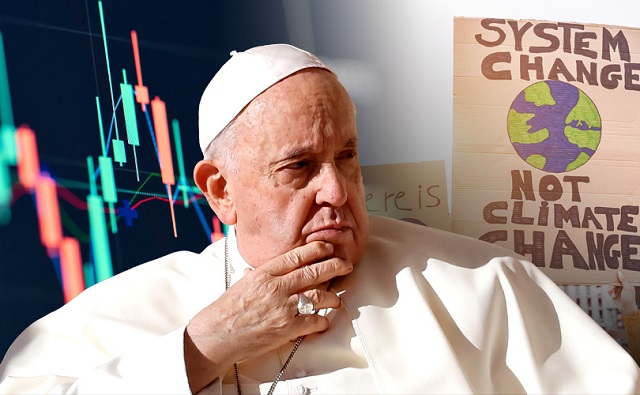
 Energy2 days ago
Energy2 days agoPope Francis calls for ‘global financial charter’ at Vatican climate change conference
-

 Economy1 day ago
Economy1 day agoFeds spend $3 million to fly 182 politicians and bureaucrats to climate conference










